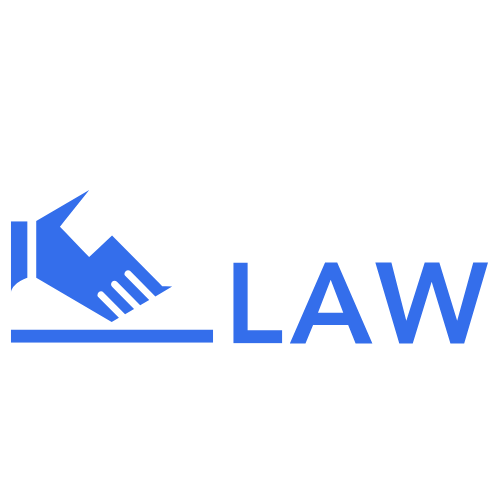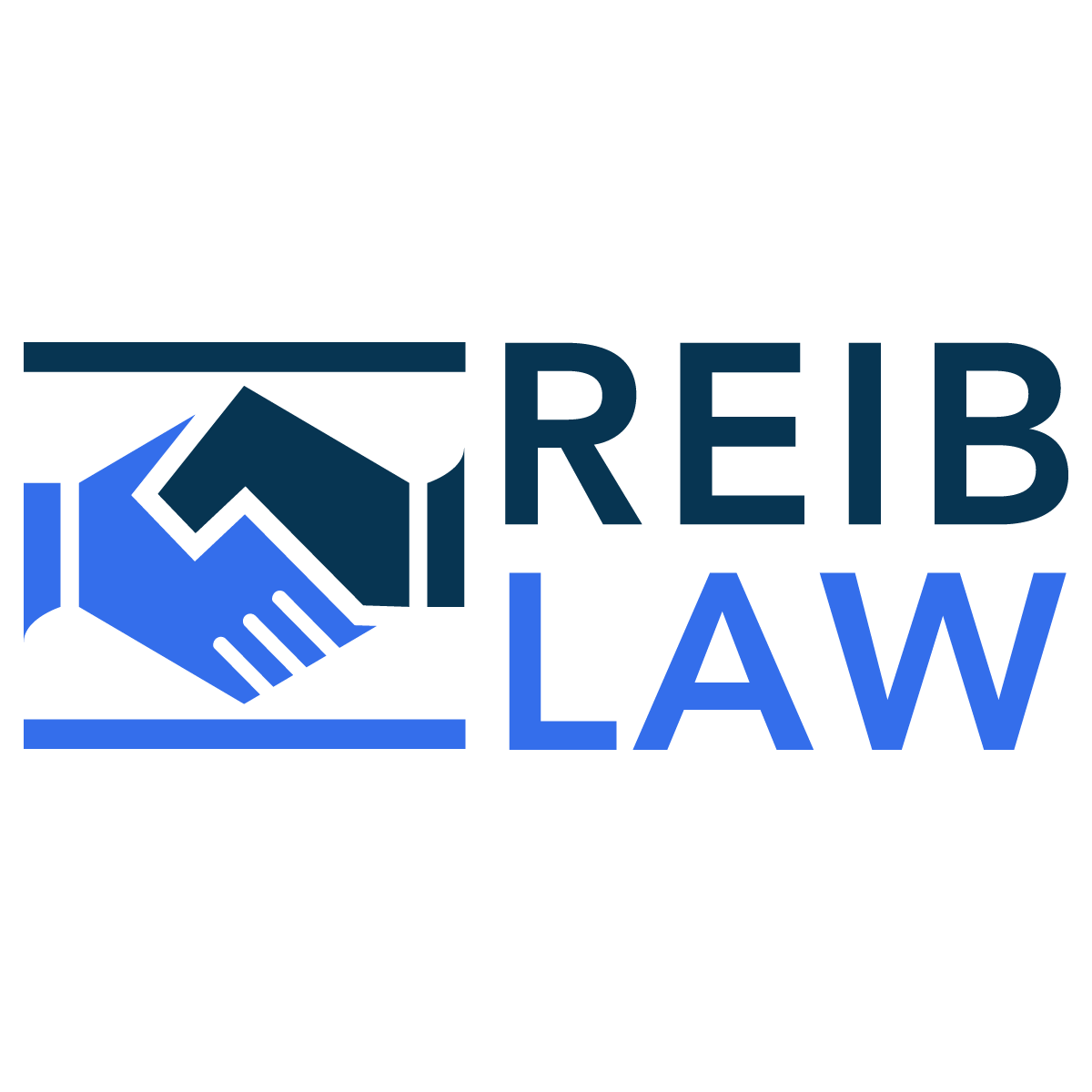Navigating the Gig Economy: Legal Considerations for Small Business Owners
In the modern business landscape, the gig economy has revolutionized the way small business owners and sole proprietorships operate. With freelancers, independent contractors, and on-demand workers becoming integral to many small business operations, it's essential to be aware of the legal challenges and pitfalls that can arise. In this blog post, we'll explore these issues and provide guidance on how small business owners can protect their businesses in the gig economy, all while following a small business legal checklist.
Legal Must-Dos for New Businesses
One of the first legal steps for starting a business in a compliant and legally protected manner is to create robust independent contractor agreements. These legal documents are the foundation of your working relationship with freelancers and contractors, outlining the terms and conditions of your collaboration. Key clauses to include in these agreements are essential legal considerations for entrepreneurs:
Scope of Work: Clearly define the tasks and responsibilities of the contractor to avoid misunderstandings.
Payment Terms: Specify the payment structure, whether it's hourly, project-based, or milestone-based.
Intellectual Property Rights: Address who owns the rights to any intellectual property created during the engagement, which is a critical part of the small business startup legal requirements.
Legal Requirements for Small Business Owners
Misclassifying workers is a common legal pitfall in the gig economy, making it vital to understand the legal requirements for small business owners. The distinction between employees and independent contractors is crucial, as it affects tax obligations, benefits, and legal responsibilities. Misclassification can lead to costly legal consequences, so ensuring accurate employment classification is an integral part of starting a small business legally.
Business Startup Legal Guide
For small business owners, starting a business legally involves more than just creating contracts. You must also consider intellectual property protection. Small business owners often collaborate with freelancers on creative projects. In such cases, it's vital to protect your intellectual property, as outlined in your business startup legal guide. Your independent contractor agreements should clearly state who owns the rights to any intellectual property created during the project.
Small Business Legal Tips
When navigating the complex waters of the gig economy, it's important to consider the tax implications. Taxes can be a complex issue, and you must ensure your compliance, which is one of the small business legal tips. Small business owners must stay informed about labor laws, wage and hour regulations, and safety standards, ensuring legal must-dos for new businesses and legal considerations for entrepreneurs to avoid legal penalties.
Register Your Business
To operate in a compliant and legally protected manner, you'll need to register your business properly. This involves obtaining an Employer Identification Number (EIN) to distinguish your business from your personal affairs, as outlined in the small business legal checklist. An EIN is crucial for tax purposes and can protect your social security number from business-related liabilities.
In conclusion, while the gig economy offers numerous advantages to small business owners and sole proprietorships, it also presents legal challenges. To protect your business interests, it's crucial to understand these challenges, draft strong independent contractor agreements, and stay compliant with relevant laws and regulations, all while following a small business legal checklist. Consulting with a small business lawyer who specializes in the gig economy can provide valuable guidance and ensure your business can register and run smoothly and legally in this evolving landscape.
Get Legal Counsel for Your Gig Business
Starting, running, and expanding your small business or LLC in the gig economy involves understanding a myriad of legal details. If you're not sure how to protect your business, profit and loss, and personal liabilities, seeking legal advice can be a smart move. Legal counsel can help you navigate the state requirements, form your LLC, protect your business operations, and ensure that your product or service is legally compliant, addressing all the legal must-dos for new businesses and legal requirements for small business owners.
Remember, it's not just about starting your business; it's about protecting it, so you can run your business confidently, following the business startup legal guide and small business legal tips that every small business owner should know about. If you need legal assistance and guidance in navigating the complexities of the gig economy while complying with the small business startup legal requirements, don't hesitate to contact us at https://www.reiblaw.com/contact.


